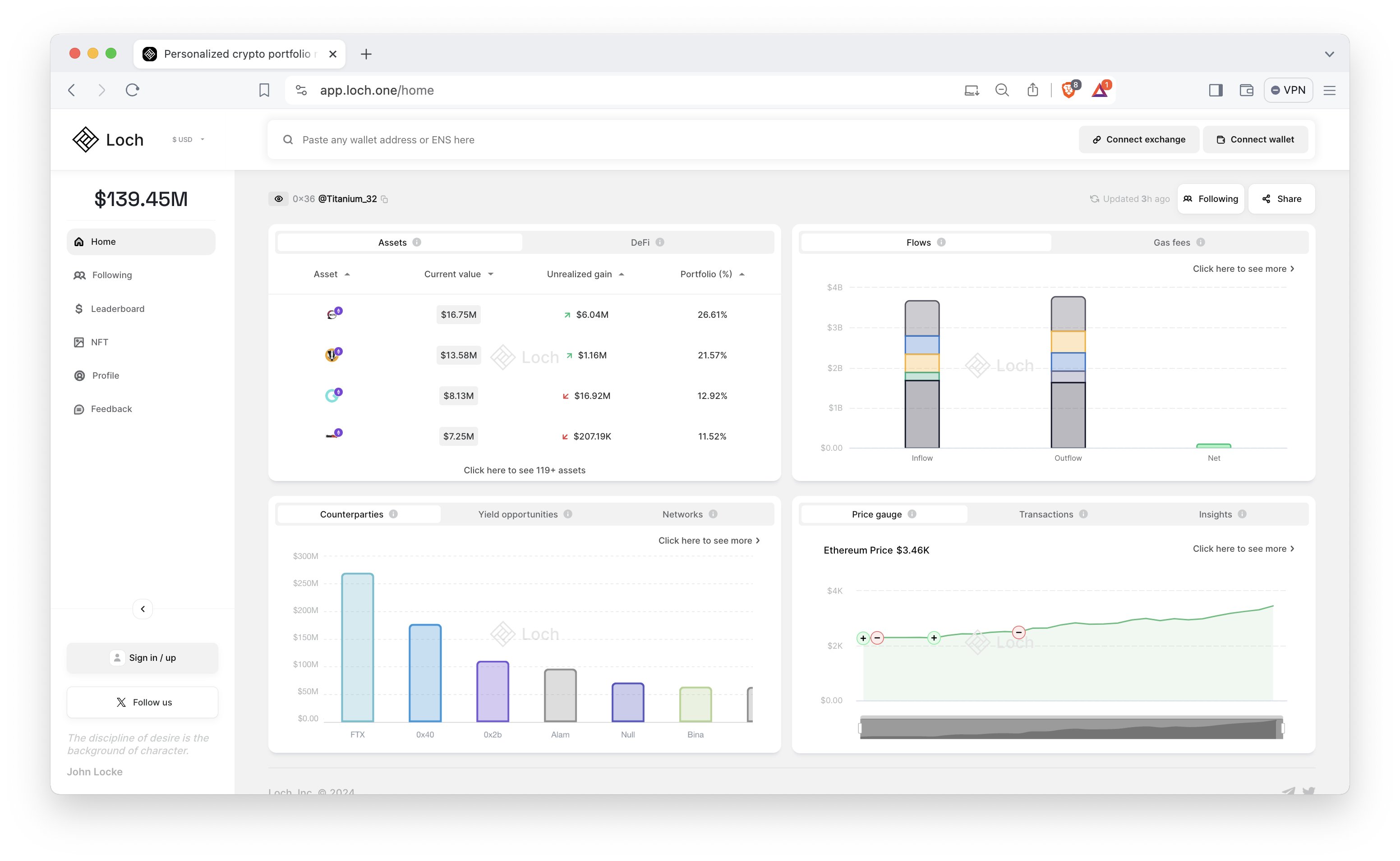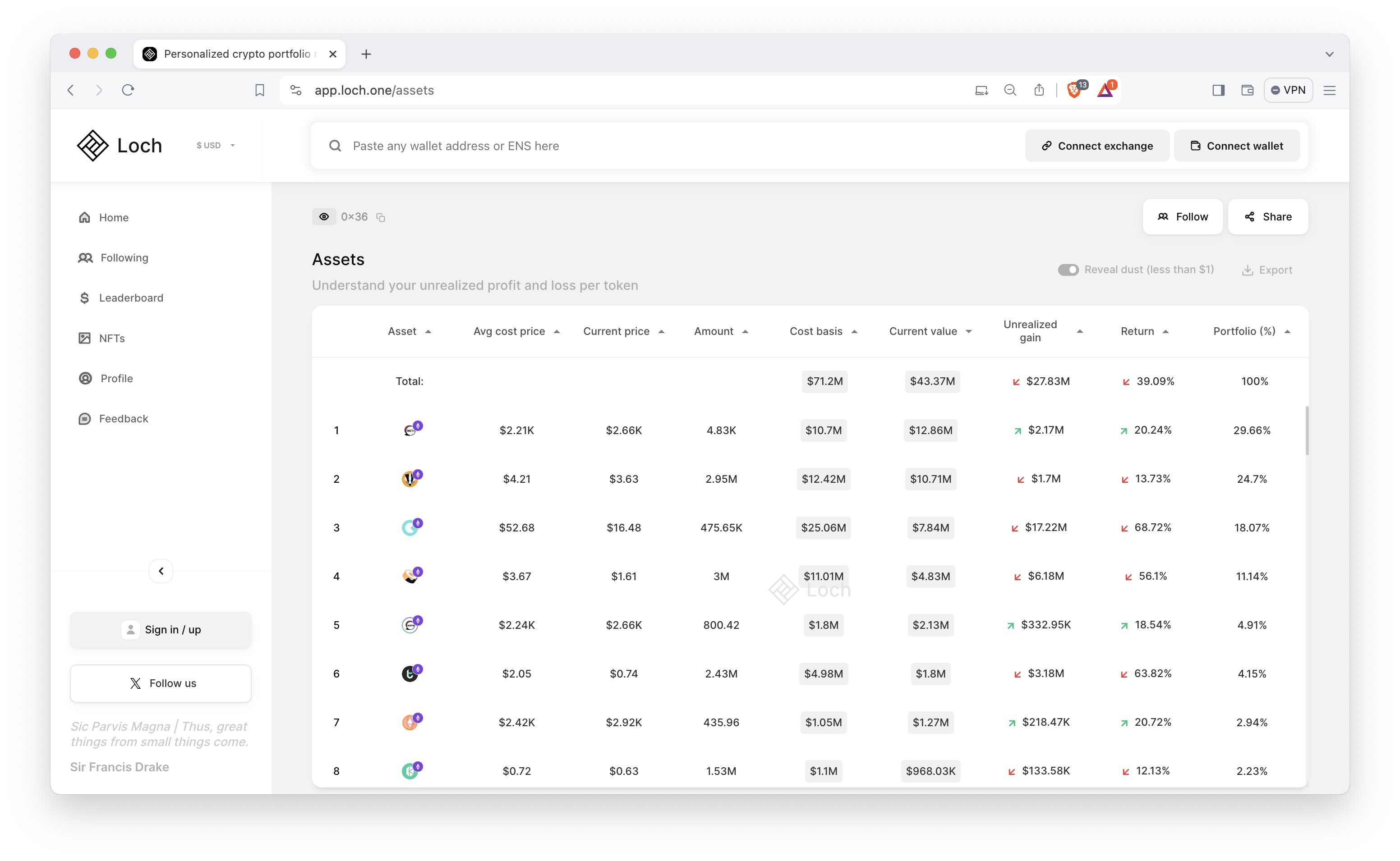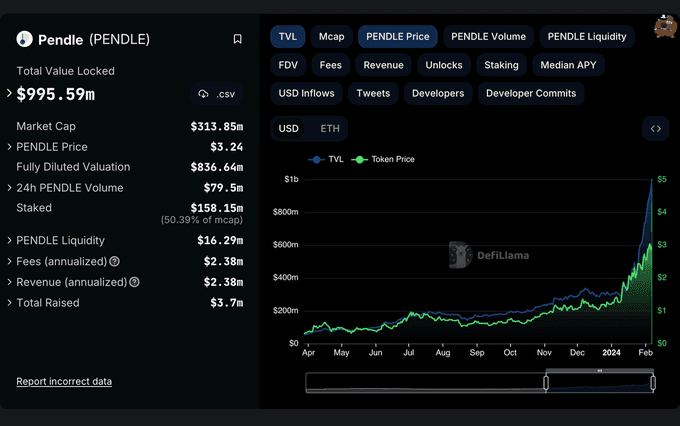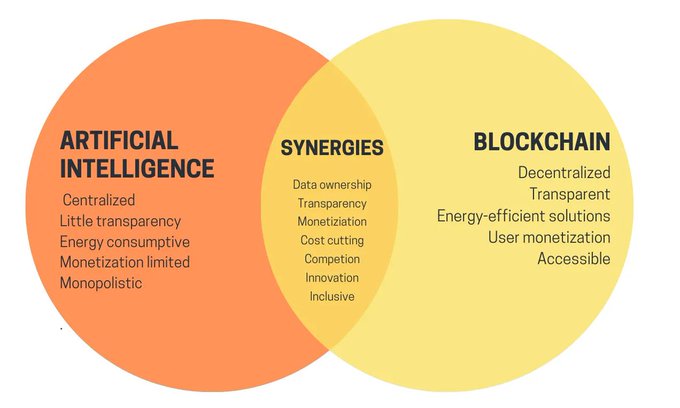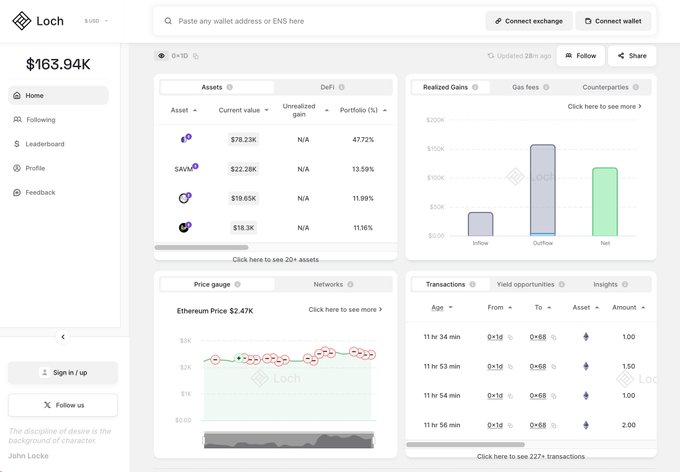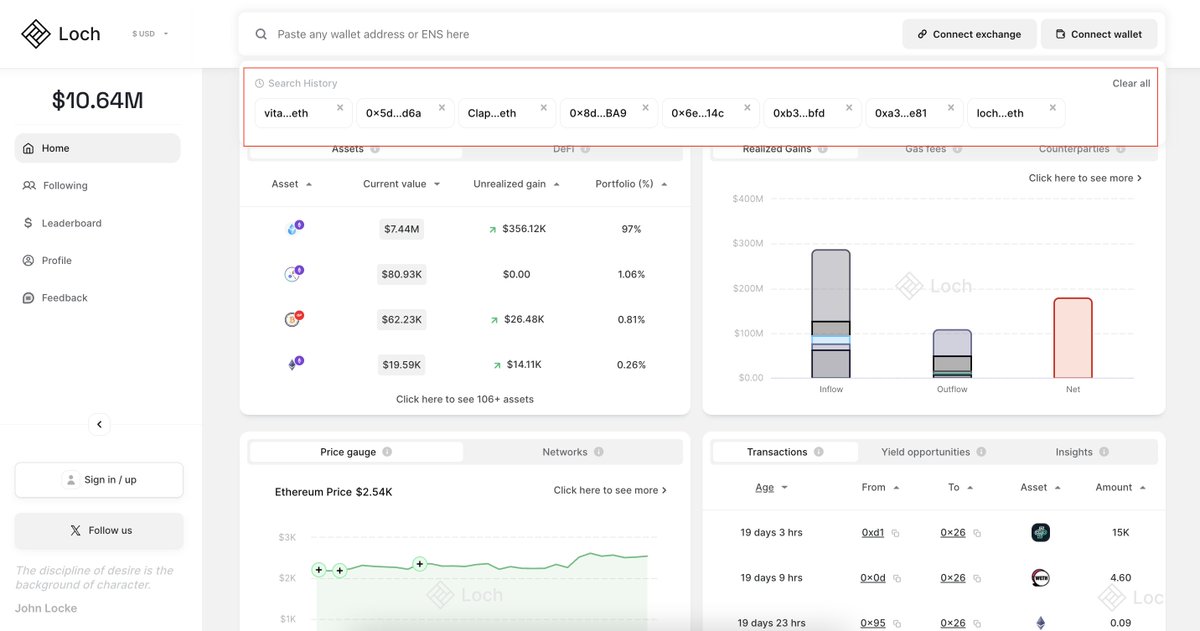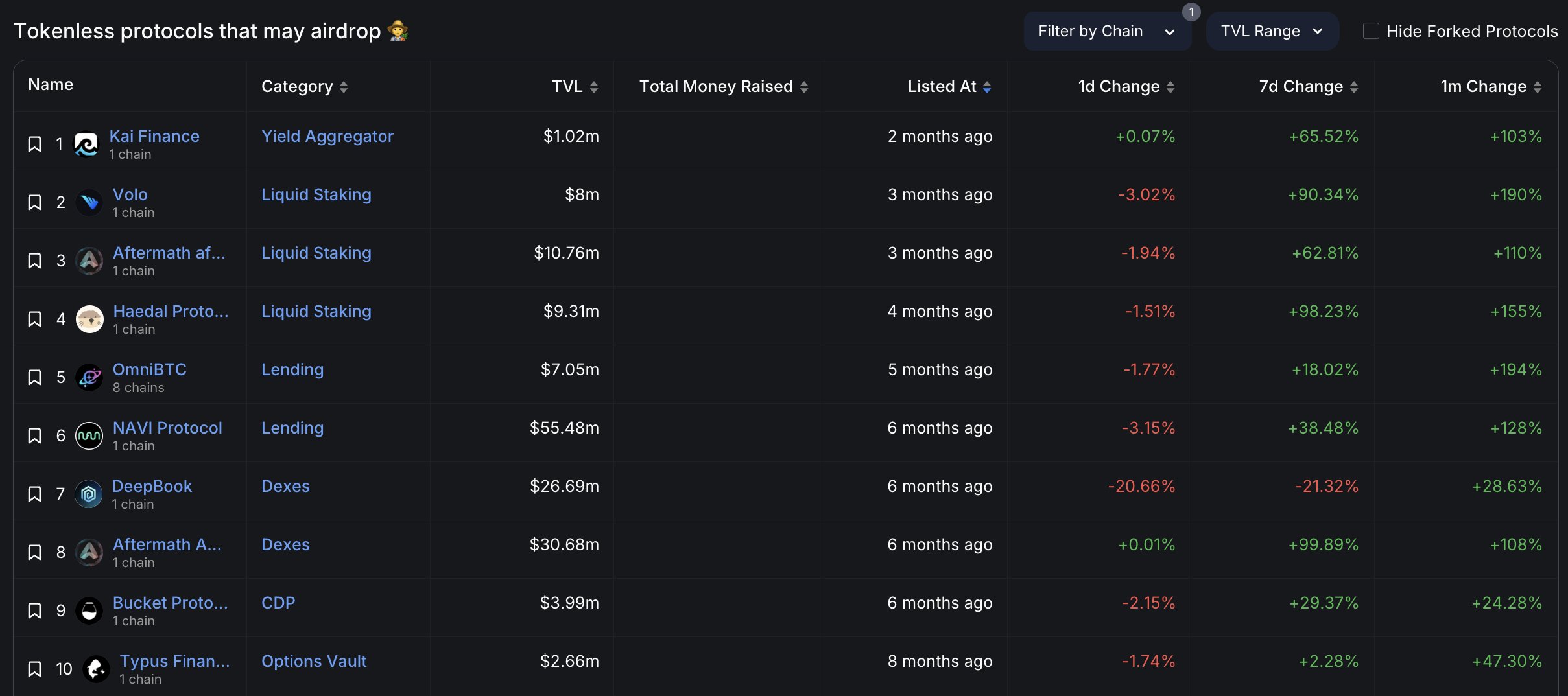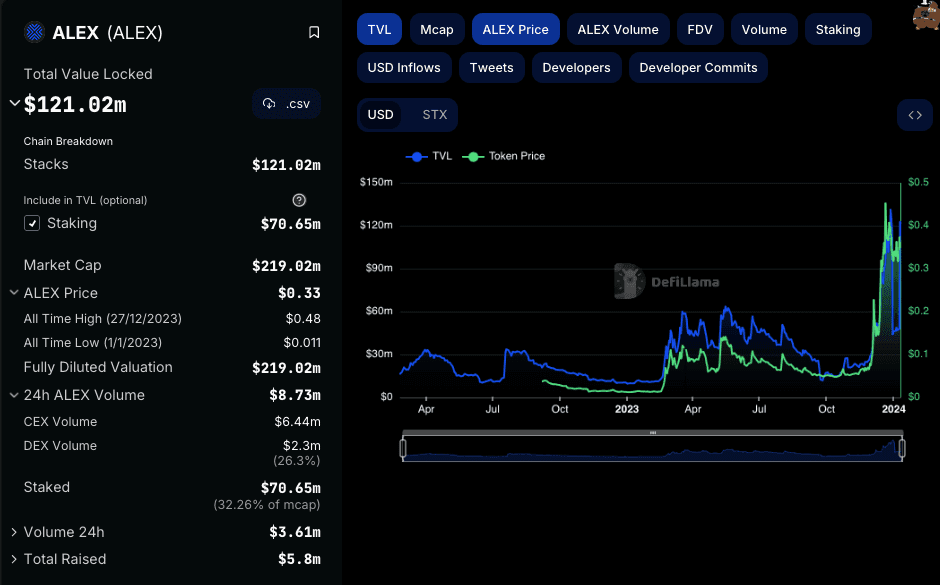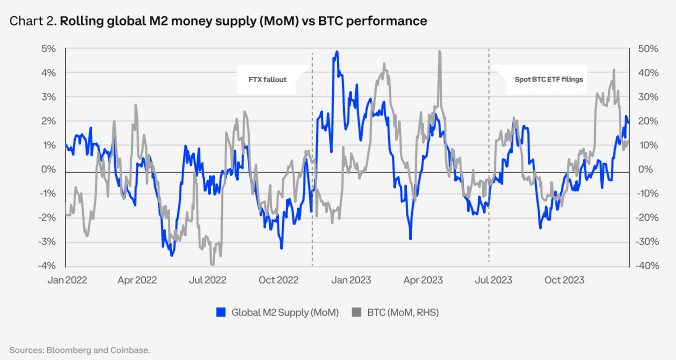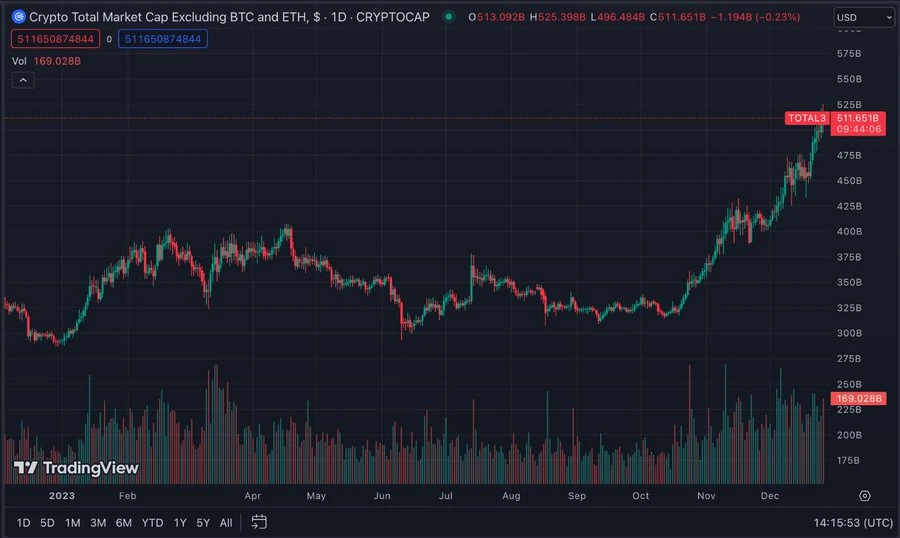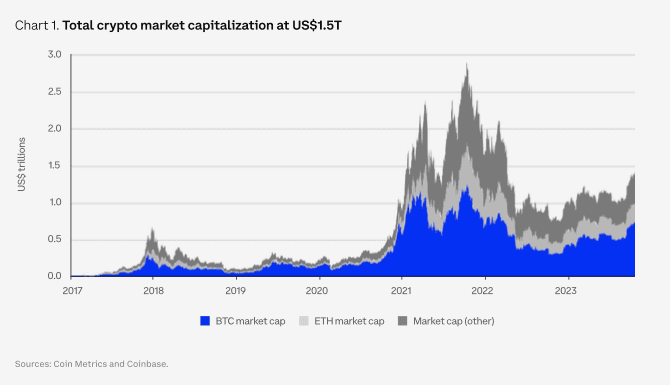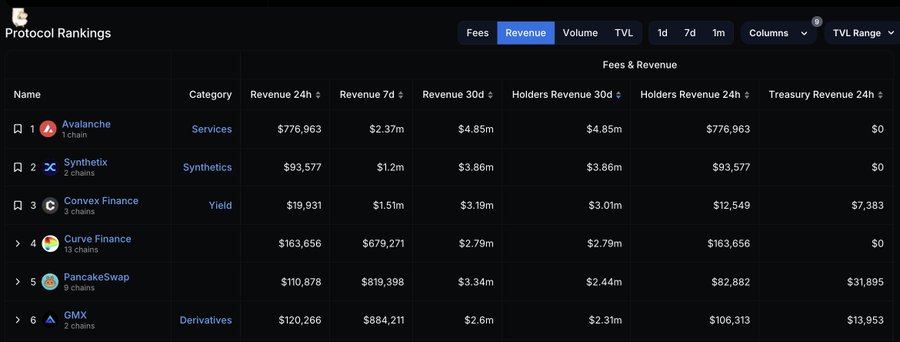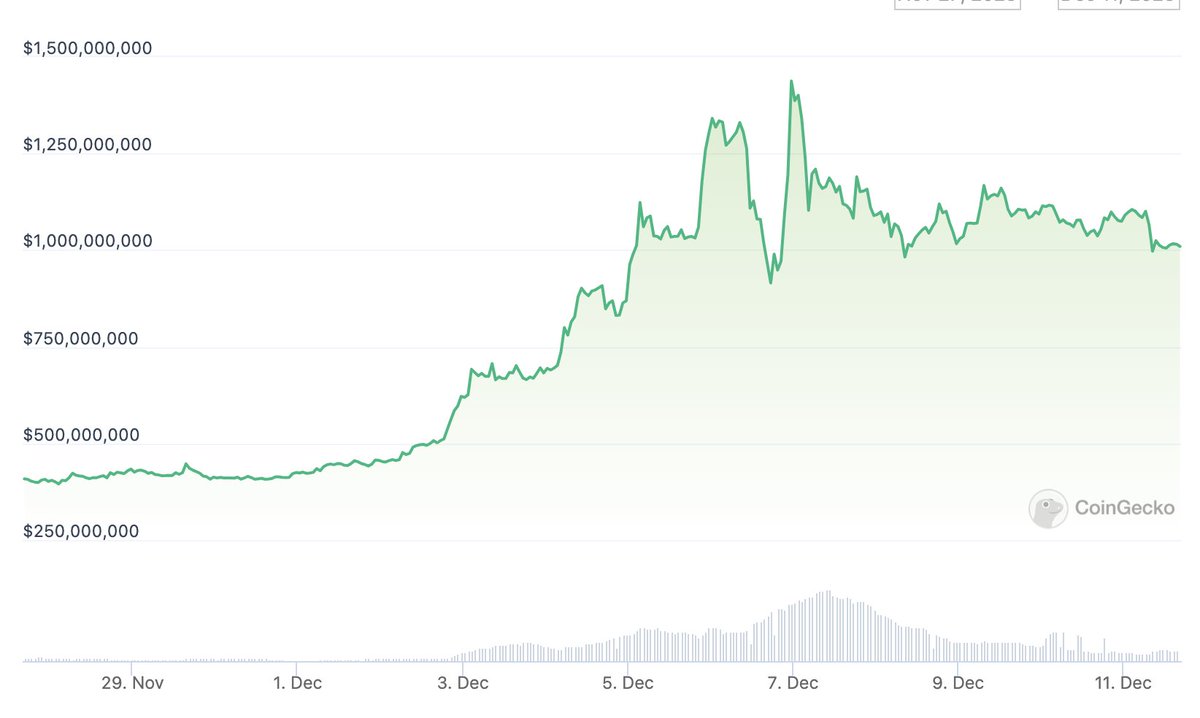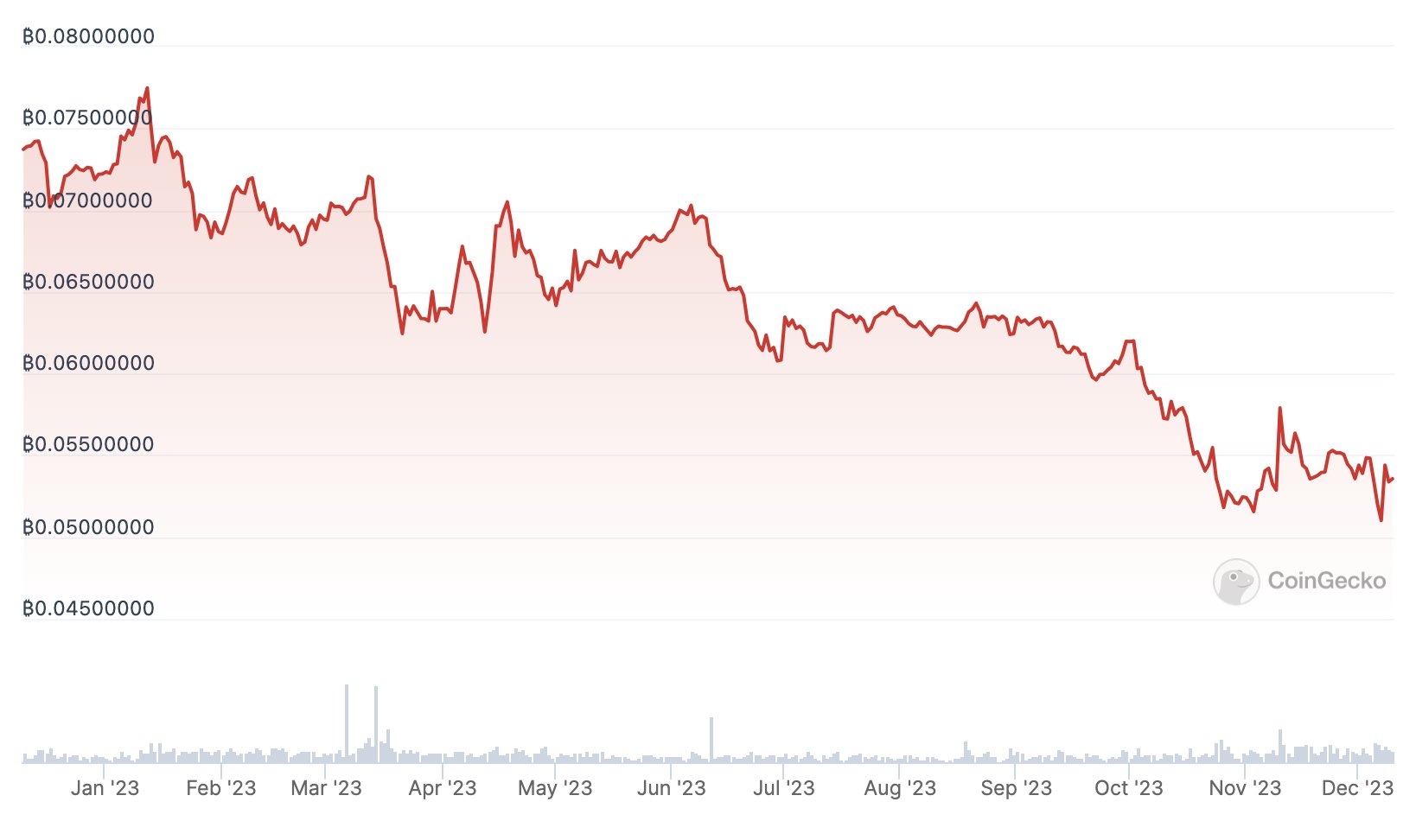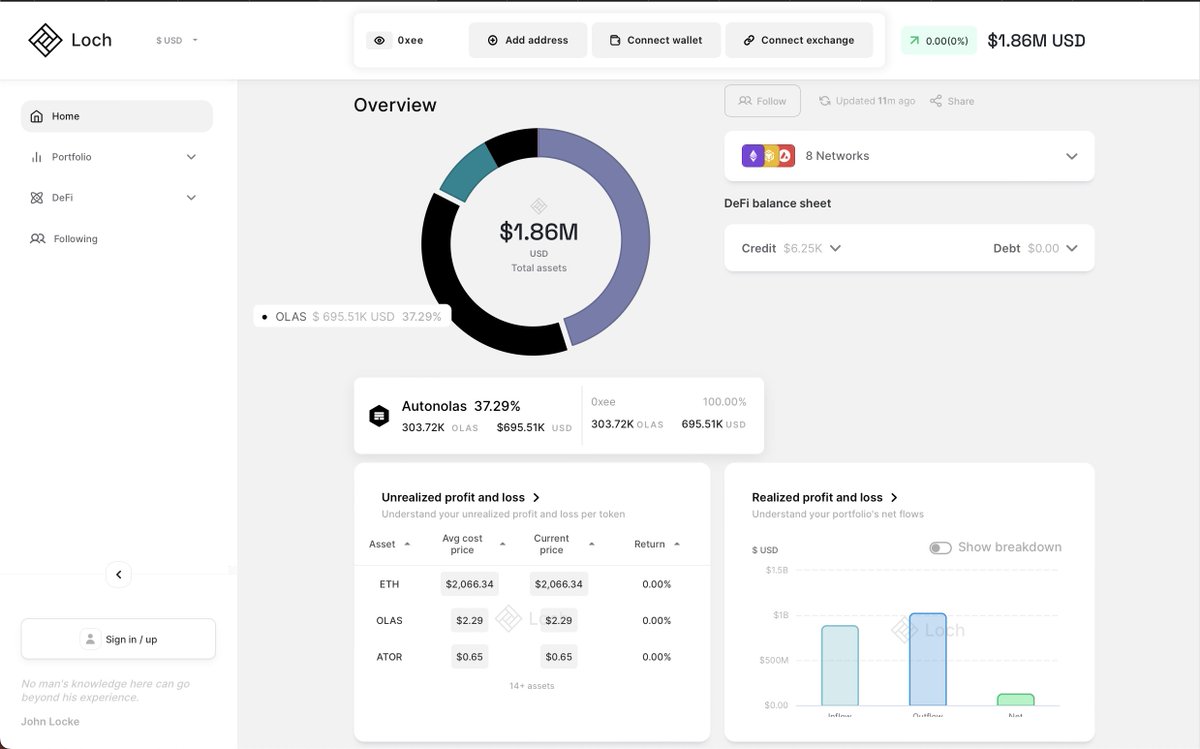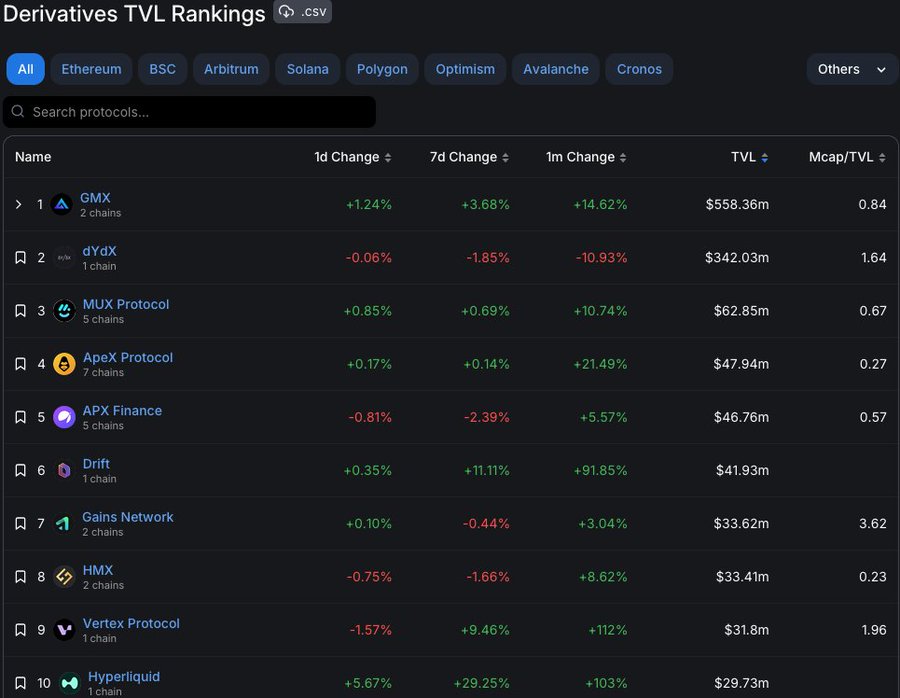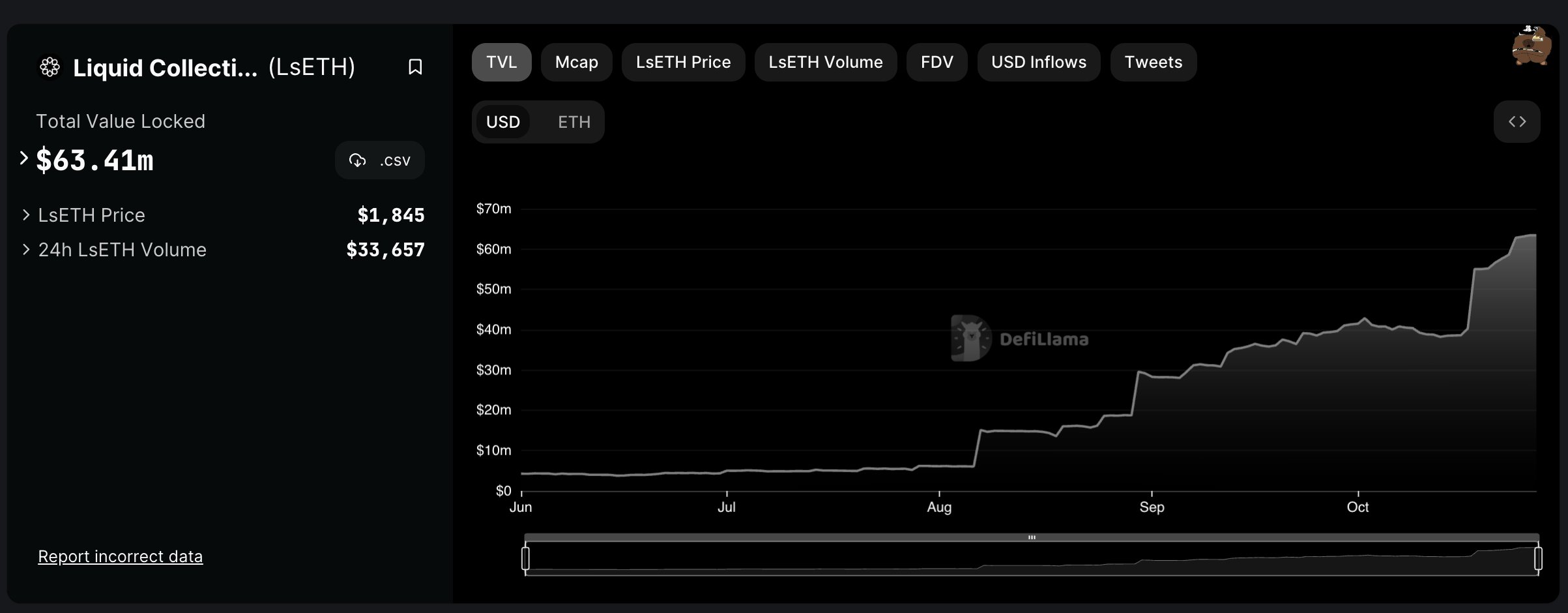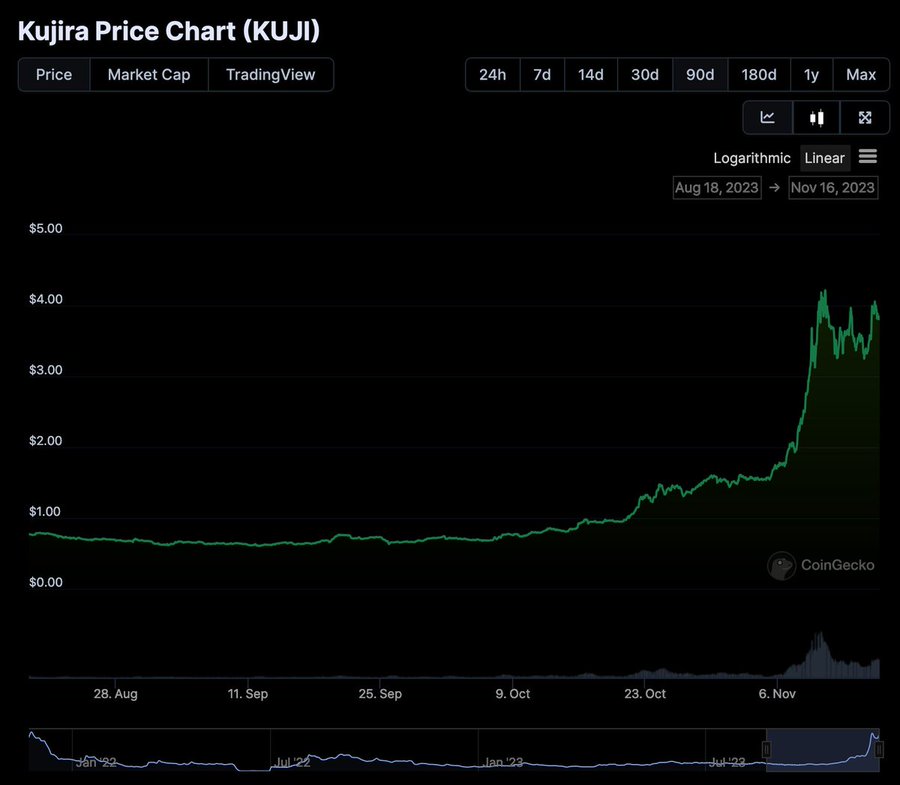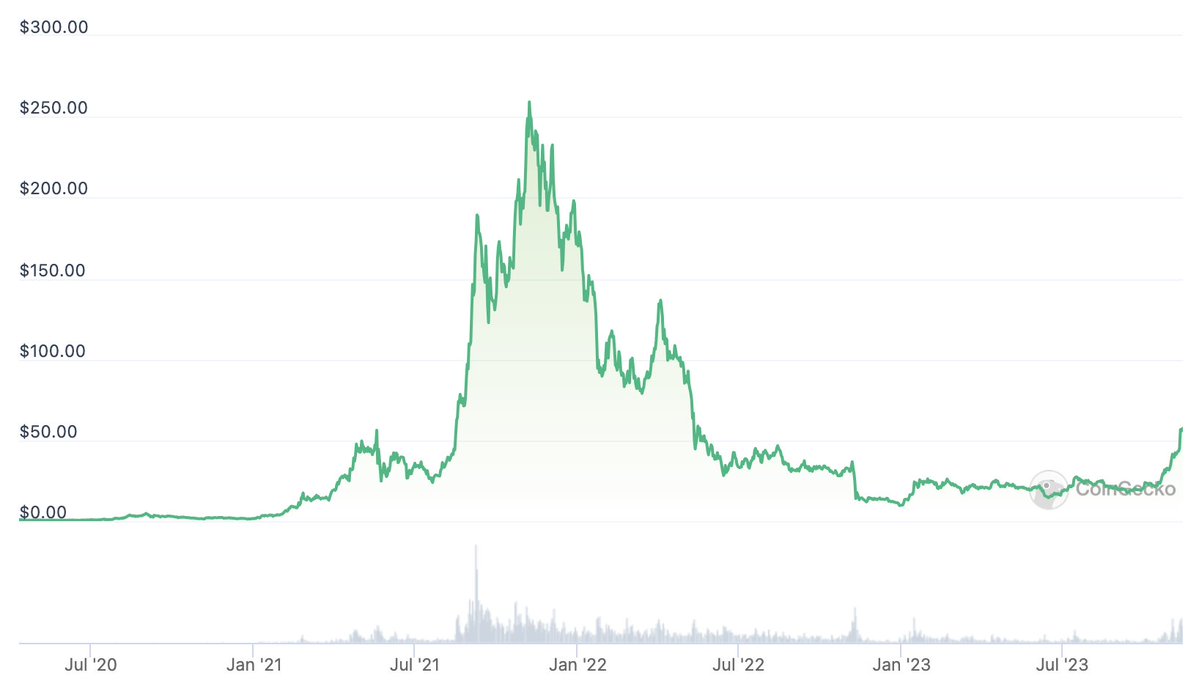The Impact of Cryptocurrencies on the Global Economy
I. Introduction
A. Brief history of cryptocurrencies:
Cryptocurrencies, digital or virtual currencies secured by cryptography, have evolved significantly since the launch of Bitcoin in 2009. This revolutionary technology was introduced as a response to the 2008 financial crisis, aiming to create a decentralized and transparent financial system. Since then, thousands of alternative cryptocurrencies, or altcoins, have emerged, each with unique features and applications.
B. Thesis statement:
The growing adoption of cryptocurrencies has dramatically impacted the global economy, affecting international trade, monetary policy, and financial market dynamics. This essay will explore these effects in-depth and assess their implications for the future of the global economy.
II. The Emergence of Cryptocurrencies
A. Bitcoin and the inception of blockchain technology:
Bitcoin, created by an anonymous entity known as Satoshi Nakamoto, was the first cryptocurrency to implement blockchain technology. Blockchain is a decentralized, public ledger that records transactions chronologically and securely. It eliminates the need for central authorities, such as banks or governments, and allows for greater transparency and security.
B. Rise of altcoins and their unique features:
Since the inception of Bitcoin, numerous other cryptocurrencies have been developed, each with its distinct features and purposes. Examples include Ethereum, which introduced smart contracts, and Ripple, designed for rapid and low-cost international transactions. These altcoins have further expanded the cryptocurrency ecosystem, offering diverse use cases and investment opportunities.
III. Cryptocurrencies and International Trade
A. Reduction of transaction costs and increased efficiency:
Cryptocurrencies have transformed international trade by reducing transaction costs and increasing efficiency. Traditional cross-border transactions often involve high fees and slow processing times. Cryptocurrencies enable faster, more secure, and cost-effective transfers, benefiting businesses and consumers alike. This efficiency has particularly supported trade between countries with underdeveloped financial infrastructures.
B. Financial inclusion:
Cryptocurrencies have promoted financial inclusion in developing nations where access to traditional banking services is limited. The proliferation of smartphones and internet connectivity has made digital currencies an accessible and affordable alternative for the unbanked population, fostering economic growth and participation in the global economy.
C. Elimination of currency exchange rates and risks:
Cryptocurrencies eliminate the need for currency exchange and associated risks, such as fluctuating exchange rates and conversion fees. This benefit is particularly valuable for small businesses and consumers engaging in international trade, as it simplifies transactions and reduces costs. It also fosters cross-border economic cooperation and reduces dependency on dominant currencies like the US dollar.
IV. Cryptocurrencies and Monetary Policy
A. Challenges to central banks:
Cryptocurrencies pose challenges to central banks and their control over monetary policy. As digital currencies operate outside the traditional banking system, central banks' ability to regulate money supply, interest rates, and inflation is weakened. This loss of control could have implications for economic stability.
B. Sovereign digital currencies (CBDCs):
In response to the growing popularity of cryptocurrencies, some central banks have started exploring the issuance of their digital currencies, known as Central Bank Digital Currencies (CBDCs). CBDCs could combine the benefits of cryptocurrencies, such as efficiency and reduced transaction costs, with the stability and control provided by central banks.
C. Impact on inflation and deflation:
Cryptocurrencies can have implications for inflation and deflation. Many digital currencies have capped supplies, making them inherently deflationary. This characteristic could challenge central banks' inflation-targeting policies and necessitate adjustments in their monetary policy strategies.
V. Cryptocurrencies and Financial Market Dynamics
A. Market volatility and speculation:
Cryptocurrencies have introduced a new level of volatility to financial markets due to factors such as market sentiment, regulatory changes, and technological advancements. This volatility attracts speculative investors, raising concerns about potential financial market instability.
B. Diversification and alternative investment opportunities:
Cryptocurrencies offer investors a novel asset class for portfolio diversification. With low correlation to traditional assets like stocks and bonds, digital currencies can serve as a hedge against market risks and potentially enhance overall portfolio performance. This diversification can lead to increased investment in cryptocurrencies, further integrating them into the global financial system.
C. Initial Coin Offerings (ICOs) and Decentralized Finance (DeFi):
Cryptocurrencies have paved the way for new financial instruments and platforms, such as Initial Coin Offerings (ICOs) and Decentralized Finance (DeFi). ICOs allow startups to raise capital by issuing their cryptocurrency tokens, bypassing traditional fundraising methods. DeFi platforms enable users to access various financial services, such as lending and borrowing, without intermediaries like banks. These innovations have introduced new opportunities and challenges to the financial market landscape.
D. Regulation and compliance:
The rise of cryptocurrencies has highlighted the need for a global regulatory framework to ensure their safe and responsible use. Regulatory challenges include creating uniform policies that can adapt to the rapidly evolving technology and address concerns like money laundering, tax evasion, and consumer protection. Regulatory changes can significantly impact market dynamics, affecting cryptocurrency prices and adoption rates.
VI. Potential Future Impacts of Cryptocurrencies on the Global Economy
A. Mainstream adoption and its implications:
If cryptocurrencies continue to gain mainstream acceptance, they could have far-reaching implications for the global economy. Widespread use of digital currencies may disrupt traditional financial systems, redistribute economic power, and reshape international trade dynamics. It could also lead to a shift in economic power from centralized authorities to decentralized networks, with both positive and negative consequences.
B. Technological advancements and their role in shaping the future:
Ongoing technological advancements, such as scalability solutions and integration with emerging technologies like the Internet of Things (IoT) and artificial intelligence (AI), could further enhance cryptocurrencies' functionality and impact on the global economy. These developments may enable new use cases and applications for digital currencies, expanding their influence and adoption.
VII. Conclusion
A. Recap of key points:
The widespread adoption of cryptocurrencies has significantly affected the global economy. They have transformed international trade, presented challenges to central banks' control over monetary policy, and introduced new dynamics to financial markets. While cryptocurrencies offer benefits like increased efficiency and financial inclusion, they also raise concerns about market volatility, regulation, and potential risks to economic stability.
B. Final thoughts on the influence of cryptocurrencies on the global economy:
Cryptocurrencies are reshaping the economic landscape, and their impact is likely to grow as they gain further acceptance and continue to evolve. As the world becomes increasingly interconnected, the influence of digital currencies on the global economy will become more pronounced. The challenge for policymakers, regulators, and businesses will be to adapt to this new paradigm and capitalize on the opportunities presented by cryptocurrencies while mitigating potential risks.
The Impact of Cryptocurrencies on the Global Economy
I. Introduction
A. Brief history of cryptocurrencies:
Cryptocurrencies, digital or virtual currencies secured by cryptography, have evolved significantly since the launch of Bitcoin in 2009. This revolutionary technology was introduced as a response to the 2008 financial crisis, aiming to create a decentralized and transparent financial system. Since then, thousands of alternative cryptocurrencies, or altcoins, have emerged, each with unique features and applications.
B. Thesis statement:
The growing adoption of cryptocurrencies has dramatically impacted the global economy, affecting international trade, monetary policy, and financial market dynamics. This essay will explore these effects in-depth and assess their implications for the future of the global economy.
II. The Emergence of Cryptocurrencies
A. Bitcoin and the inception of blockchain technology:
Bitcoin, created by an anonymous entity known as Satoshi Nakamoto, was the first cryptocurrency to implement blockchain technology. Blockchain is a decentralized, public ledger that records transactions chronologically and securely. It eliminates the need for central authorities, such as banks or governments, and allows for greater transparency and security.
B. Rise of altcoins and their unique features:
Since the inception of Bitcoin, numerous other cryptocurrencies have been developed, each with its distinct features and purposes. Examples include Ethereum, which introduced smart contracts, and Ripple, designed for rapid and low-cost international transactions. These altcoins have further expanded the cryptocurrency ecosystem, offering diverse use cases and investment opportunities.
III. Cryptocurrencies and International Trade
A. Reduction of transaction costs and increased efficiency:
Cryptocurrencies have transformed international trade by reducing transaction costs and increasing efficiency. Traditional cross-border transactions often involve high fees and slow processing times. Cryptocurrencies enable faster, more secure, and cost-effective transfers, benefiting businesses and consumers alike. This efficiency has particularly supported trade between countries with underdeveloped financial infrastructures.
B. Financial inclusion:
Cryptocurrencies have promoted financial inclusion in developing nations where access to traditional banking services is limited. The proliferation of smartphones and internet connectivity has made digital currencies an accessible and affordable alternative for the unbanked population, fostering economic growth and participation in the global economy.
C. Elimination of currency exchange rates and risks:
Cryptocurrencies eliminate the need for currency exchange and associated risks, such as fluctuating exchange rates and conversion fees. This benefit is particularly valuable for small businesses and consumers engaging in international trade, as it simplifies transactions and reduces costs. It also fosters cross-border economic cooperation and reduces dependency on dominant currencies like the US dollar.
IV. Cryptocurrencies and Monetary Policy
A. Challenges to central banks:
Cryptocurrencies pose challenges to central banks and their control over monetary policy. As digital currencies operate outside the traditional banking system, central banks' ability to regulate money supply, interest rates, and inflation is weakened. This loss of control could have implications for economic stability.
B. Sovereign digital currencies (CBDCs):
In response to the growing popularity of cryptocurrencies, some central banks have started exploring the issuance of their digital currencies, known as Central Bank Digital Currencies (CBDCs). CBDCs could combine the benefits of cryptocurrencies, such as efficiency and reduced transaction costs, with the stability and control provided by central banks.
C. Impact on inflation and deflation:
Cryptocurrencies can have implications for inflation and deflation. Many digital currencies have capped supplies, making them inherently deflationary. This characteristic could challenge central banks' inflation-targeting policies and necessitate adjustments in their monetary policy strategies.
V. Cryptocurrencies and Financial Market Dynamics
A. Market volatility and speculation:
Cryptocurrencies have introduced a new level of volatility to financial markets due to factors such as market sentiment, regulatory changes, and technological advancements. This volatility attracts speculative investors, raising concerns about potential financial market instability.
B. Diversification and alternative investment opportunities:
Cryptocurrencies offer investors a novel asset class for portfolio diversification. With low correlation to traditional assets like stocks and bonds, digital currencies can serve as a hedge against market risks and potentially enhance overall portfolio performance. This diversification can lead to increased investment in cryptocurrencies, further integrating them into the global financial system.
C. Initial Coin Offerings (ICOs) and Decentralized Finance (DeFi):
Cryptocurrencies have paved the way for new financial instruments and platforms, such as Initial Coin Offerings (ICOs) and Decentralized Finance (DeFi). ICOs allow startups to raise capital by issuing their cryptocurrency tokens, bypassing traditional fundraising methods. DeFi platforms enable users to access various financial services, such as lending and borrowing, without intermediaries like banks. These innovations have introduced new opportunities and challenges to the financial market landscape.
D. Regulation and compliance:
The rise of cryptocurrencies has highlighted the need for a global regulatory framework to ensure their safe and responsible use. Regulatory challenges include creating uniform policies that can adapt to the rapidly evolving technology and address concerns like money laundering, tax evasion, and consumer protection. Regulatory changes can significantly impact market dynamics, affecting cryptocurrency prices and adoption rates.
VI. Potential Future Impacts of Cryptocurrencies on the Global Economy
A. Mainstream adoption and its implications:
If cryptocurrencies continue to gain mainstream acceptance, they could have far-reaching implications for the global economy. Widespread use of digital currencies may disrupt traditional financial systems, redistribute economic power, and reshape international trade dynamics. It could also lead to a shift in economic power from centralized authorities to decentralized networks, with both positive and negative consequences.
B. Technological advancements and their role in shaping the future:
Ongoing technological advancements, such as scalability solutions and integration with emerging technologies like the Internet of Things (IoT) and artificial intelligence (AI), could further enhance cryptocurrencies' functionality and impact on the global economy. These developments may enable new use cases and applications for digital currencies, expanding their influence and adoption.
VII. Conclusion
A. Recap of key points:
The widespread adoption of cryptocurrencies has significantly affected the global economy. They have transformed international trade, presented challenges to central banks' control over monetary policy, and introduced new dynamics to financial markets. While cryptocurrencies offer benefits like increased efficiency and financial inclusion, they also raise concerns about market volatility, regulation, and potential risks to economic stability.
B. Final thoughts on the influence of cryptocurrencies on the global economy:
Cryptocurrencies are reshaping the economic landscape, and their impact is likely to grow as they gain further acceptance and continue to evolve. As the world becomes increasingly interconnected, the influence of digital currencies on the global economy will become more pronounced. The challenge for policymakers, regulators, and businesses will be to adapt to this new paradigm and capitalize on the opportunities presented by cryptocurrencies while mitigating potential risks.
Continue reading
Continue reading

The Impact of Cryptocurrencies on the Global Economy
Apr 6, 2023

The Impact of Cryptocurrencies on the Global Economy
Apr 6, 2023



















